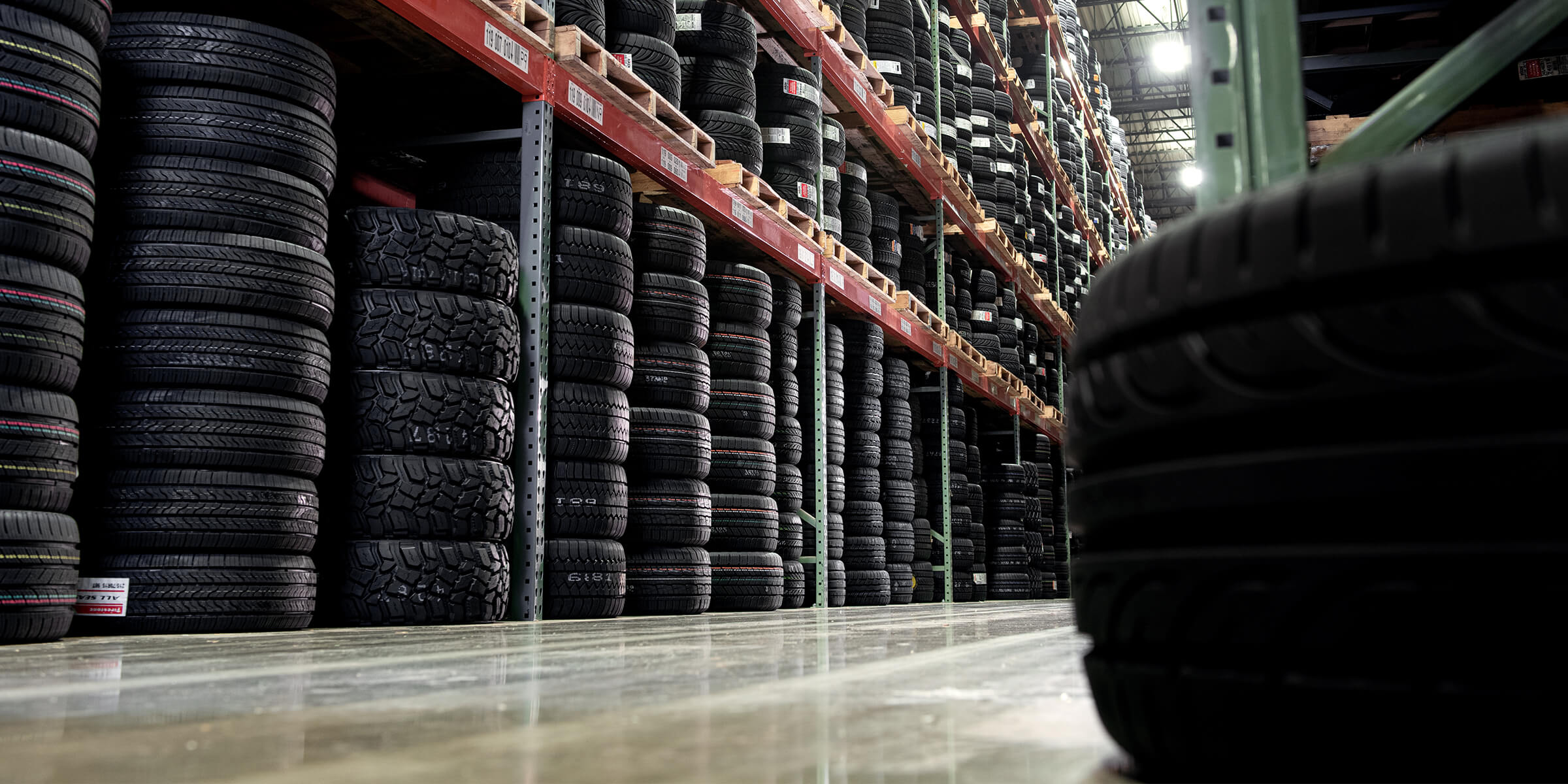Tire Service: Recognizing Tire Stress Surveillance Equipments
Comprehending Tire Stress Surveillance Systems (TPMS) is an important facet of maintaining optimal automobile efficiency and safety on the roadway. With advancements in automobile innovation, TPMS has actually become a conventional attribute in contemporary cars, supplying real-time details on tire pressure levels.

Importance of TPMS
The importance of Tire Stress Monitoring Equipments (TPMS) hinges on their capability to boost vehicle safety and security and performance with real-time tracking of tire stress levels. Preserving the right tire stress is critical for guaranteeing ideal handling, stopping, and total safety and security of a vehicle. TPMS provides drivers with immediate comments on any type of overinflated or underinflated tires, enabling prompt changes to be made.
Components of TPMS
Making up numerous important aspects, a Tire Stress Monitoring System (TPMS) works as an innovative safety function in modern vehicles. The primary components of a TPMS consist of sensors, a control component, and a warning indicator. Sensors are generally situated in the tire valve stem or affixed to the wheel assembly, where they measure tire pressure and send data to the control component. The control module procedures this information and activates a warning if it finds considerably low stress in any one of the tires. The warning indication, usually a symbol on the control panel, notifies the motorist to examine the damaged tire or tires. Some progressed TPMS versions additionally display the real tire stress analyses for every tire, supplying chauffeurs with real-time details to guarantee optimum tire efficiency and safety. By monitoring tire pressure constantly, TPMS assists protect against accidents, minimizes tire wear, and enhances gas performance, making it an essential element for lorry safety and security and efficiency.
Types of TPMS

On the other hand, indirect TPMS relies upon the car's wheel rate sensors to check tire stress. This system spots underinflation by contrasting the rotational speeds of the wheels. Indirect TPMS is much less pricey than direct TPMS, as it makes use of existing sensors within the automobile.
While direct TPMS provides extra exact readings, indirect TPMS is less complex in design and normally requires less maintenance. Both browse this site systems have their benefits and limitations, and the selection between them often relies on elements such as expense, automobile make, and individual preference. Recognizing the differences between these 2 sorts of TPMS can aid car owners make educated choices concerning tire maintenance and security.
TPMS Upkeep Tips
Conduct regular checks on the tire pressure degrees and contrast them with the TPMS analyses to ensure they are regular. During tire rotation or substitute, make sure that the TPMS elements are dealt with carefully to stop any prospective damages. If the TPMS warning light brightens on the dashboard, attend to the concern quickly by examining the tire pressures and the general system for any type of mistakes.
Advantages of Proper Tire Pressure
Preserving proper tire stress, as stressed in TPMS Maintenance Tips, is important for enjoying the countless advantages associated with optimum tire stress levels. In addition, proper tire pressure makes certain even tire wear, extending the life-span of useful reference the tires and promoting safer driving conditions. In verdict, the advantages of proper tire stress go past simply tire long life; they incorporate improved gas effectiveness, enhanced security, much better lorry performance, and general driving convenience.
Final Thought
Finally, recognizing tire stress monitoring systems (TPMS) is vital for preserving optimum tire pressure and making sure vehicle safety and security. By recognizing the value of TPMS, knowing with its elements, understanding the various types readily available, adhering to appropriate upkeep tips, and realizing the advantages of keeping proper tire stress, vehicle drivers can enhance their driving experience and extend the lifespan of their find out this here tires. Appropriate tire stress is key to reliable and risk-free vehicle operation.
